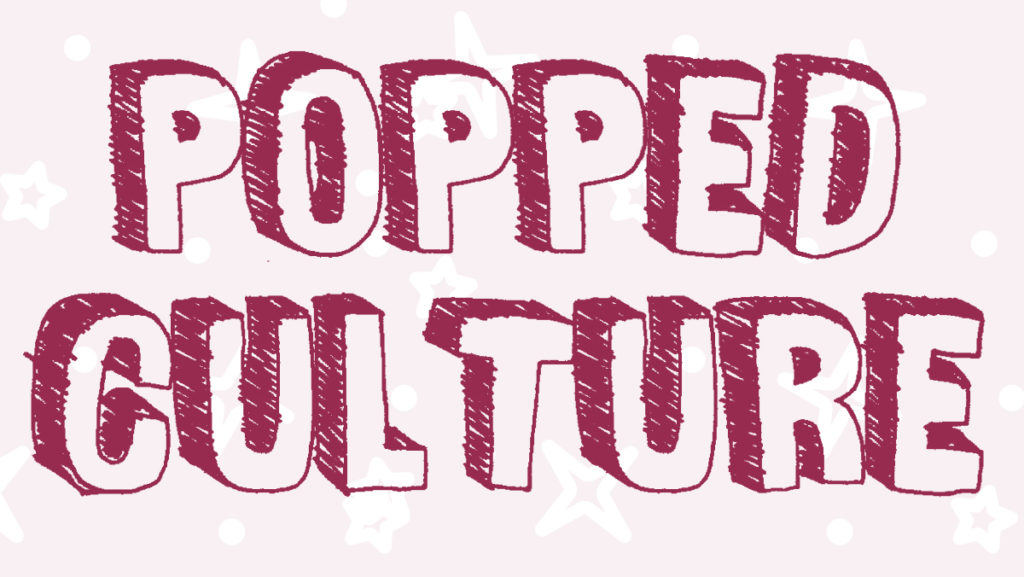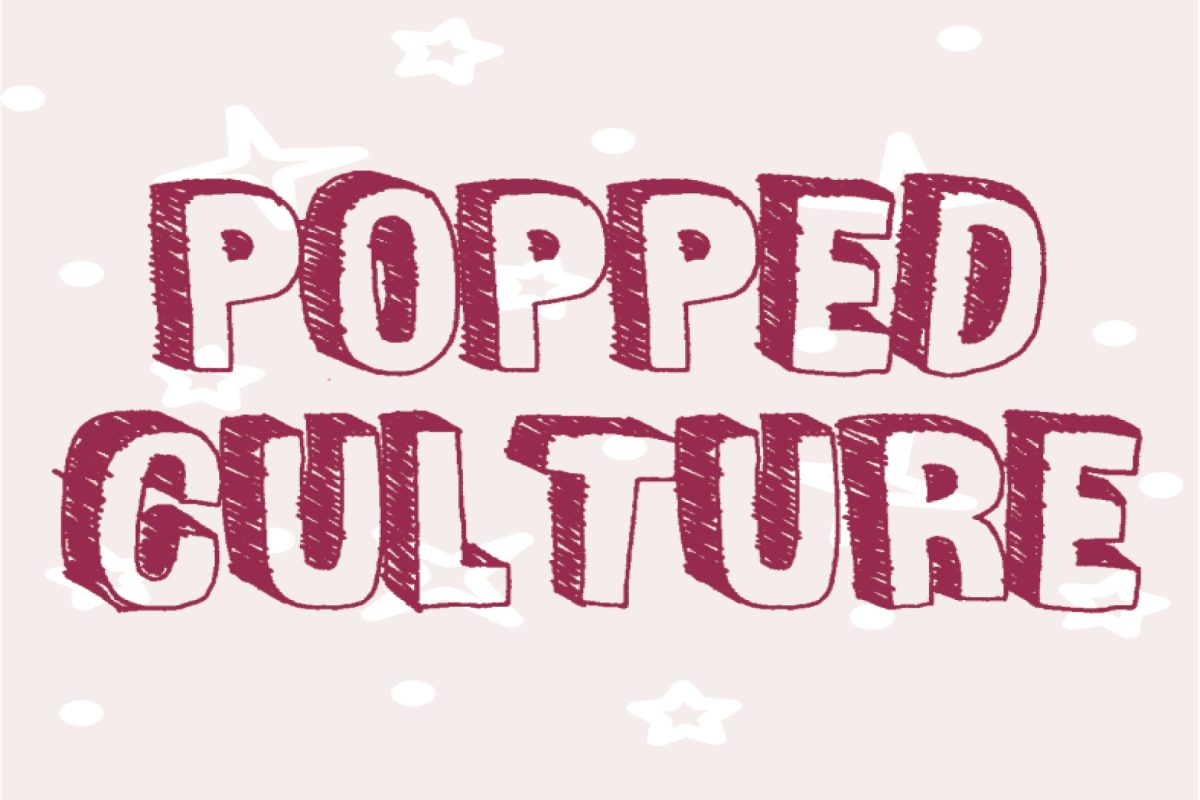The lessons that we were taught as children are foundational to who we are as adults. One of the most profound and time-honored ways of teaching children these moral lessons is through picture books.
The time of my life when my mother used picture books to put me to sleep was in the mid-2000s. At that time, I would hear from adults about how the wars in Iraq and Afghanistan were tearing apart the Middle East and thousands of people were killed. So the moral lesson of “Mole Music” — a picture book in which the beautiful sound of a mole playing violin stops a war — resonated deeply within me.
Nowadays, the picture–book market has begun to reflect recent social movements. Picture books are challenging socially conservative institutions in the hope of creating a new world for all children. Along with including pro-peace morals, recent children’s books have begun teaching children to be proud of their race and their sexuality, as well as the importance of destigmatizing mental health problems.
“Hair Love,” a 2019 picture book that was eventually adapted into the Oscar-winning short film of the same name, teaches children the importance of loving their natural hair. The main character is Zuri, a young Black girl who has a thick head of hair that simply will not cooperate. However, when it does, Zuri power poses with a sparkly cape and says, “And when my hair is in two puffs, I am above the clouds like a superhero.”
The conflict of the book is that Zuri’s father cannot get his daughter’s hair to the hairstyle that she wants. He tries combing, using hair ties and covering it with a hat. Eventually, he figures it out and gets Zuri’s hair into the look she wants.
The main message of the book is simple: Everyone should be proud of their natural hair. The book educates children on empathy, a priceless personality trait that requires personal reflection and case-by-case comparison. The relationship between race and beauty as it has stood for centuries celebrates white features that Zuri doesn’t have.
“Worm Loves Worm,” a 2016 picture book, shares similar ideas to “Hair Love.” In “Worm Loves Worm,” the two worms decide that they are in love with each other and wish to be married. Other members of the bug community pull together to put on a wedding for both of the worms. Worms, of course, are hermaphrodites that do not need a partner to reproduce. However, the worms wish to have a bride and a groom, so each one volunteers.
“Worm Loves Worm” wholeheartedly challenges the idea that love is tied to one’s sex. It certainly sounds ridiculous to look too deep into it, but the main characters being anthropomorphic worms teaches children that sexuality and gender identity have nothing to do with love.
“Maybe Tomorrow,” another picture book with a socially progressive message, was released in 2019. The book tells the story of a pig named Elba, who carries around a heavy black block tied to her wrist, weighing her down and making her sad. She meets an alligator named Norris, who frolics happily up and down hills. When Elba and Norris meet, they go on a journey through the countryside, where Norris learns to help her carry the block.
The block is a symbol for the mental health issues that Elba deals with. The lesson to be taken from the dynamic that Elba shares with Norris is that the weight of “block” is easier when it is carried by both people — the pain of depression can be soothed when others help.
The institutions that these books challenge demand conformity instead of embracing the beauty of human differences. People with thick, curly hair are told to be “more professional” while straight, blonde hair is held up as the standard. Queer people are told to not express their sexuality, while straight coupling is held up as the standard. People with mental health problems are told to not talk about it or get private therapy, while blissful happiness is held up as the standard.
While at a first look these books push socially progressive ideas at children, what they are is infrastructure for teaching children to build a strong sense of empathy toward all people. With that empathy comes acceptance of others and oneself. Children’s books have simple stories and painless endings but are some of the most effective ways to teach our young people rudimentary morals.





